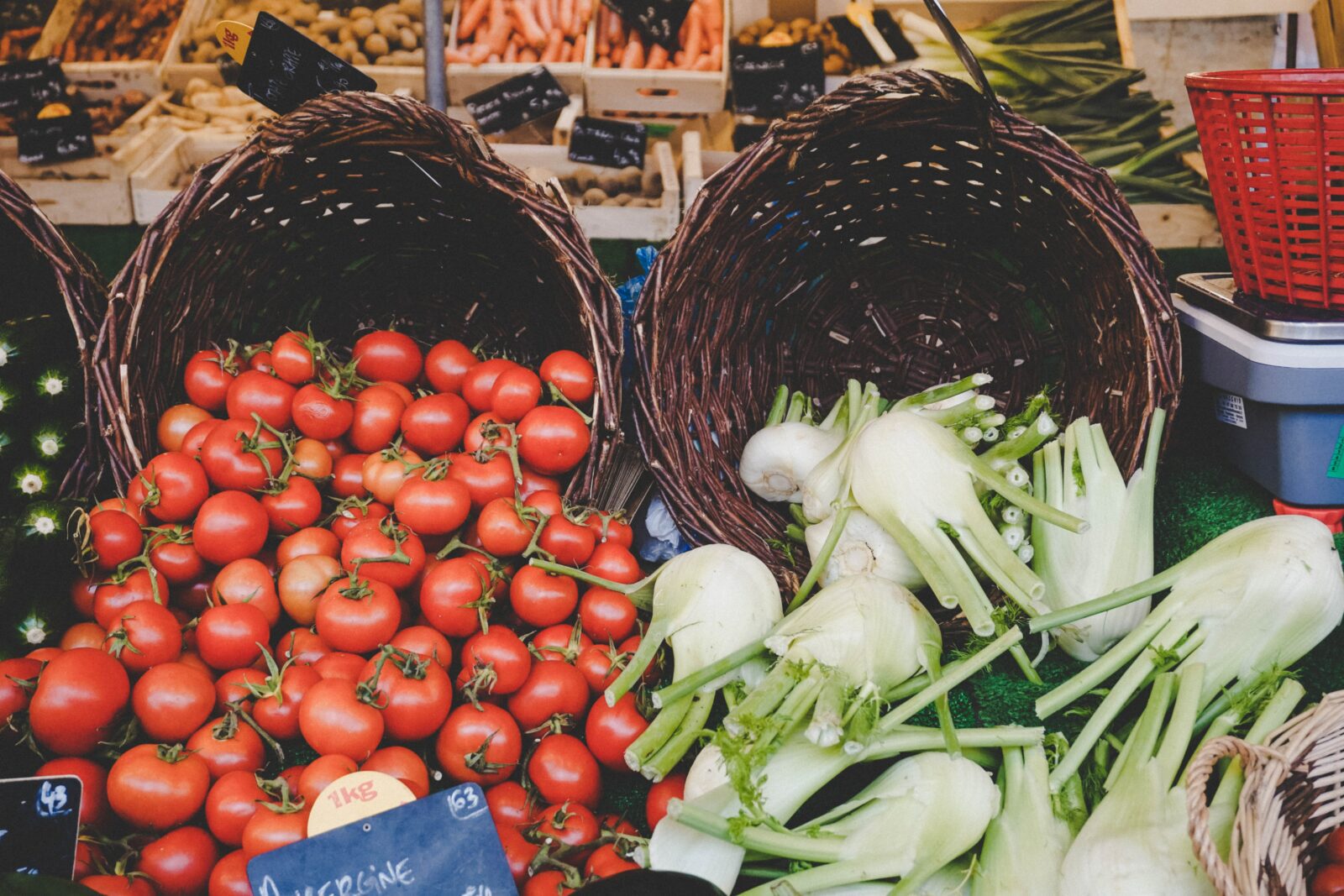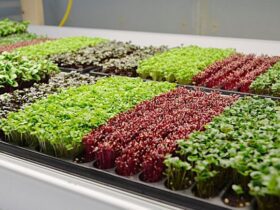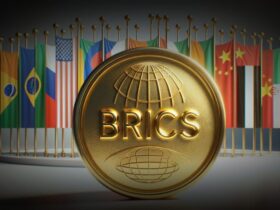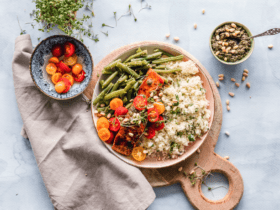Organic food is healthy. There is no doubt about it. Many of today’s popular processed foods are not necessarily healthy and often loaded with unnecessary sugars and fats. There are many benefits to eating organic food and ranking organic as one of the top ten foods to eat regularly fits into all of these goals and more.Here you will find a list of myths about organic food and what really matters in living a healthy lifestyle.
Organic food is more expensive
Organic products are usually more expensive than their non-organic counterparts. But that’s not necessarily a bad thing if you’re willing to pay the premium for superior ingredients and luxury packaging. If you shop at farmers’ markets and swap supermarkets for your local farmers’ market, for example, you might find that organic products are more affordable than their conventional counterparts — even if they lack the premium branding.
Organic food has better taste
Organic food enthusiasts love to talk about how their taste in food is superior to that of other eaters. But there is another valid comparison: taste. Taste is not a scientifically proven concept. Each person responds differently to chemicals in foods, vitamins, and minerals. The labeling issue is a red herring, so make sure you check your own taste first.
Organic food is healthy
Organic food is great. If you’re looking for a way to live more sustainably and reduce your impact on the environment, go for it. It’s certainly something worth exploring. However, with the current economic climate in the US and many other countries around the world, many people are being misled into thinking that buying organic products only means healthier food. That’s not true. Having access to affordable, quality produce does play a part in promoting a healthier lifestyle, but other factors come into play as well















Leave a Reply